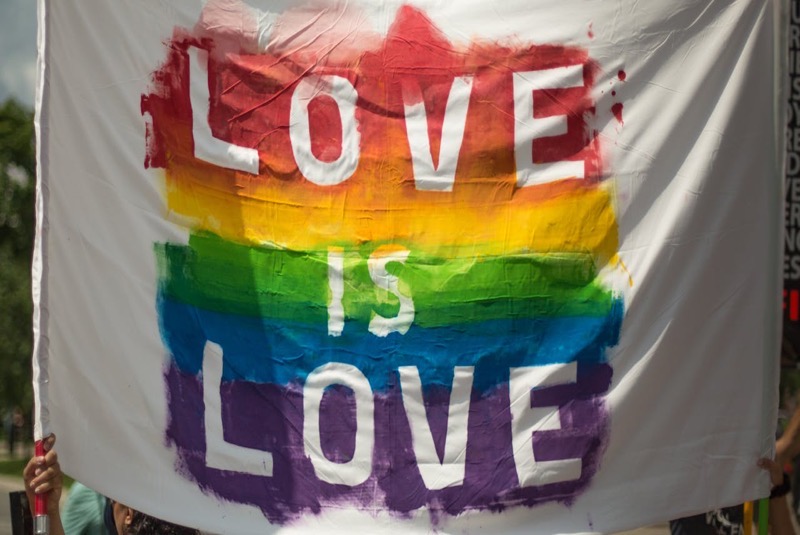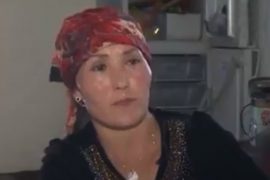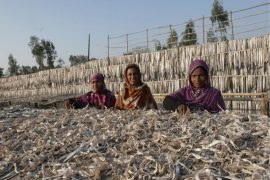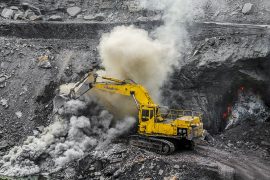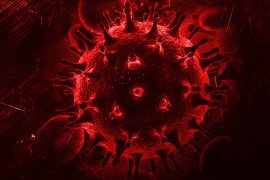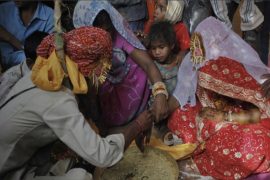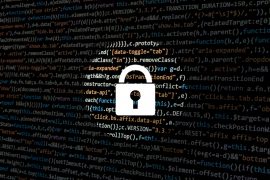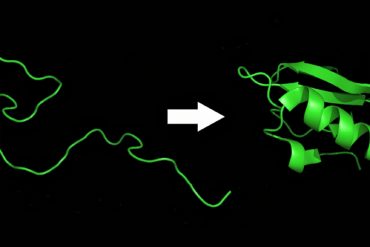According to every convention, my friend Ifti was all wrong…He was born in the wrong country. He should have been born in Hollywood…He was born in the wrong body. He should have been Marilyn Monroe.
The above quote describes Ifti Nasim, the flamboyant icon of Chicago who fled Pakistan in fear of being persecuted for his sexual orientation. Nasim was known as the first Pakistani Urdu gay poet. Through his poetry, he challenged the opposition he faced from the South Asian community regarding his orientation in Pakistan as well as in the United States.
South Asian countries have been known to resist the LGBTQ community, and many have voiced their difficulties in coming out and finding acceptance.
Arun Kumar, a resident of the rural areas of Uttar Pradesh, celebrated when the Supreme Court passed a decision to make gay sex legal in India. It was a big win for the community. However, he was disappointed when the apex court declined to legalise same-sex marriage in India.
Kumar says that while this step forward may make it easier for people in the cities to come out, rural residents like him fear that the community may outcast them for being who they are.
When Kumar mustered up the courage to confide his identity to a teacher in his college, he realised that he had made a mistake. ‘The teacher called my parents, and they took me back home. My father was furious. He thought it was a disease that could be cured,’ said Kumar. ‘He took me to quacks and shamans. They gave me all sorts of concoctions – one of them said I should be locked up in a room for a week. And my father did that.’
Kiran Yadav had tried to kill herself at the age of 24. Her parents thought she was lonesome and marriage would fix everything, so they got her married to a man within weeks. Yes, she was forlorn, but not because she wanted to marry a man, but because she wasn’t attracted to any.
From a village in Bihar, Yadav grew up wearing clothes that were the same as those of boys. She realised she was lesbian when she was 15, but she never mustered up the courage to let anyone know. At age 20, she began calling random people with her mobile phone and told them her story. She was depressed because no one would validate her identity, no one with whom she could be herself.
Her marriage to a man was not a solution, and she was divorced within a year. She was 30 years old when she found out being homosexual was criminalised with section 377. The isolation of queer communities is not unheard of. Just like in India, queer communities in Bangladesh and Pakistan also face social isolation, shame, and even violence for being themselves.
Police found the bodies of Xulhaz Mannan and Tonoy Mahbub in an apartment in Dhaka on 25 April 2016. The two men were killed in a series of attacks that targeted advocates of the LGBTQ community in the country. Many people from radical groups resort to violence because, according to them, the liberal and secular ideas promoted by the advocates go against Islam. The murder of Mannan and Mahbub made a total of nine victims of the hate attacks at the time.
When countries of South Asia don’t provide safe space to the LGBTQ community, they often think the West is much safer, just like Nasim. Nasim isn’t wrong, as the laws in countries such as Canada and the United States don’t criminalise gay relationships. They even provide more liberties to the community than South Asian countries do; however, being in the West does not mean that South Asian communities living in the West will accept you easily.
The immigrants who crossed oceans to reach the liberal countries of their dreams have also failed to accept queer members of the community openly. When one realises their sexual orientation, they find shame, violence, and pushback from people they call their own. It becomes easier for queer people to confide in non-South Asians over people in their families because they are often made to feel unwelcome.
Sonali Patel lives in Toronto with her family. She’s 24 years old and often gets pressured to get married even though her family knows that she is queer. She often faces emotional blackmail and even violence for what she identifies. She received hateful remarks such as being gay is unnatural and shameful.
Gurleen Kaur’s family had moved from Chandigarh to California in the 1980s. She had come out to her friends, but it took her one more year to finally let her mother in on the secret. Her mother had then told Kaur’s father and grandparents. For a long time, her family tried to convince her why marrying a man was good for her.
She wanted to have a family and children of her own. She had even explored the idea of sperm donors. All of these wishes of her being taboo in the South Asian community met with a lot of resistance. However, Kaur’s family luckily came around the corner with time. They love her and cherish her regardless of her orientation.
Nasim was celebrated for his flamboyant, larger-than-life personality. His collection of poems in Urdu, Narman, was ‘the first direct statement of ‘gay’ longing and desires to ever appear in that language.’ While his poems received a lot of critical acclaim, he was still hesitant to discuss his sexual orientation with his family. Nasim was also a writer for the weekly Pakistan News but never discussed the LGBTQ community in it.
South Asian communities at home and abroad have been known to act with hostility against those who identify queer. Families often worry less about their children and more about society with the always looming question ‘Log kya kahenge.’ The fear of society and narrow-minded thinking have kept South Asians from providing a safe space for our very own.
-30-
Copyright©Madras Courier, All Rights Reserved. You may share using our article tools. Please don't cut articles from madrascourier.com and redistribute by email, post to the web, mobile phone or social media.Please send in your feed back and comments to editor@madrascourier.com

